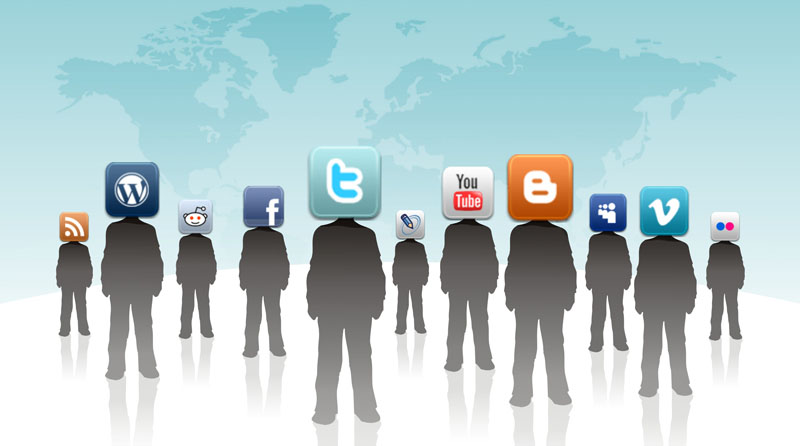Lydia Willoughby never imagined that she would one day use her activism in the LGBTQIA+ community as an asset in the job search.
Now, as a new reference librarian at SUNY New Paltz’s Sojourner Truth Library (STL), Willoughby is openly queer and vocal about her LGBTQIA+ activism in the workplace.
Willoughby worked as an activist and librarian during her 20s, organizing community drag and burlesque shows to fundraise for LGBTQIA+ nonprofits and organizations. Her job was both fun and grueling, demanding communication skills, leadership skills, organizational habits and late nights of work and preparation. As a young professional, Willoughby usually hid her work experience involving the queer community from employers, leaving it off of her resume due to fear of discrimination or rejection in traditional workplaces. But her activism and community work are important to her academic service at SUNY New Paltz, she said, and helped her make a good impression during her interview with STL.
“Now, I include and celebrate [my activism],” Willoughby said. “I draw from [what I learned in] the queer community to inform my activism, pedagogy and professional research.”
Willoughby’s openness about her identity in a professional setting is evidence of a changing political climate. Attitudes toward LGBTQIA+ people have evolved since the early 2000s, when Willoughby first entered the job search. In 2010, the US government passed the Don’t Ask Don’t Tell Repeal Act, which scrapped a 1993 law that forced LGBTQIA+ military and veterans into silence about their sexualities. Just this June, the U.S. Supreme Court ruled state bans against same-sex marriage unconstitutional, granting queer couples in all 50 states the right to marry.
In fact, many companies, organizations and government agencies aren’t just tolerating or accepting LGBTQIA+ employees. Some are taking steps to attract queer employees and protect them from discrimination.
Large companies often turn to Out & Equal, founded in 1996, to create safe and welcoming workplaces for LGBTQIA+ employees. According to Out & Equal’s website, the organization partners with human resources authorities from government agencies or Fortune 1000 companies, like the National Security Association and Disney, to institute new policies that protect queer employees and address their concerns. Rachel Rubin, the organization’s media contact, pointed to Out & Equal’s services. Their work often includes providing professional development opportunities, establishing and supporting employee resource groups and developing hiring policies and training programs to accommodate prospective queer employees.
Out & Equal calls for LGBTQIA+ workers’ comfort and safety in the workplace. Willoughby, along with faculty from SUNY Geneseo and SUNY Oswego, recently spoke on a panel at an LGBTQIA+ conference in upstate New York about this topic. In their presentation, Willoughby and her fellow panelists shared ways for LGBTQIA+ or gender-nonconforming people to express themselves appropriately and professionally in the corporate world. Their Powerpoint included images of formal and work-appropriate outfits for people whose self expression may not align with society’s gendered roles and expectations. She also encouraged cisgender and heterosexual professionals to stand up for queer employees.
“Use the privileges you do have of access, of inclusion and of participation,” her notes read.
Above all, the panelists encouraged LGBTQIA+ professionals to “be themselves” and express their gender identities and sexualities in ways that are comfortable and professional. Their advice echoed the mission statement of Out & Equal.
Christine Daly, a Career Resource Counselor at New Paltz, agreed with Willoughby and Out & Equal. The counselor said she would recommend that an LGBTQIA+ young professional do what is most comfortable to them during the job search and training process. Of course, being vocal about your sexuality or gender identity at work is a personal choice. But Daly thinks that many workplaces are more welcoming and accepting than in previous decades. There are still conservative and traditional fields, she said, but she truly believes that times are changing.
She also mentioned that colleagues tend to share personal information in an organic way.
“You don’t just blurt out everything about yourself when you get a new job,” she said. “You get accustomed to the job and your colleagues. You grow with it and learn with it.”
According to Daly, what is most important for a young professional looking for a job is their work ethic, experience and motivation, not their gender identity or sexuality. Those identities are important, and may be essential parts of valuable work or volunteer experience, but they do not define a good employee.
